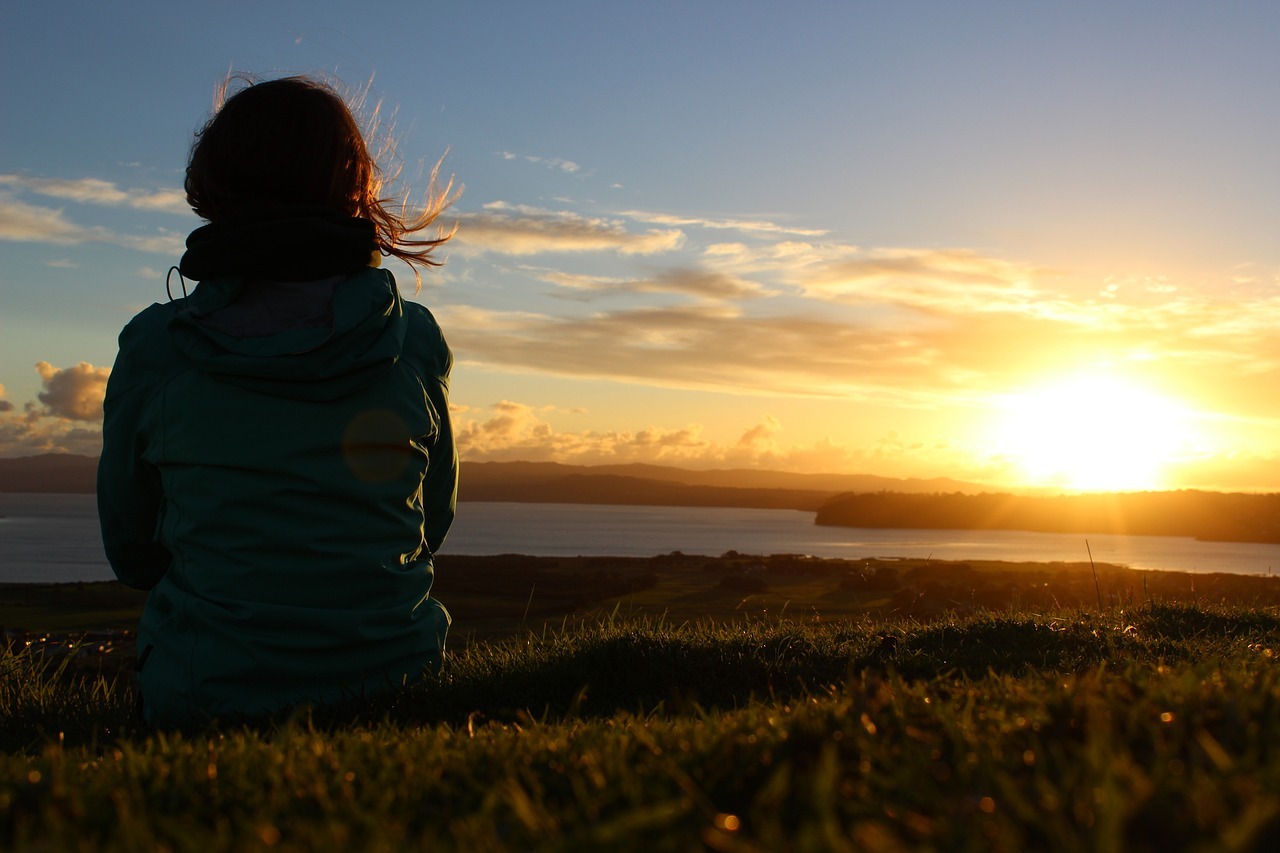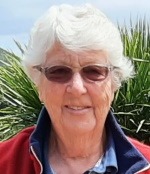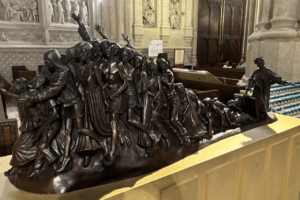The importance of Saint Augustine (354-430) for Western civilisation in general, and Christianity in particular, can hardly be under-estimated. Many women, particularly those committed to empowering women unhappy about their subordinate status in church and society, have difficulty with some aspects of Augustine’s thinking. So, it was good to come across this little piece from Augustine about “the book of created nature.”
Others, in order to find God, will read a book. Well, as a matter of fact there is a certain great big book, the book of created nature. Look carefully at it top and bottom, observe it, read it. God did not make letters of ink for you to recognize him in; God set before your eyes all these things he has made. Why look for a louder voice? Heaven and earth cry out to you, ‘God made me.’ Sermon 68, https://wesleyscholar.com/wp-content/uploads/2019/04/Augustine-Sermons-51-94.pdf, accessed 28 October.
At the risk of being simplistic I think we can say that prior to Vatican II, lay Catholics had limited knowledge of the bible. The Council sought to remedy that, and so we became familiar with the wonderful story of God active in human history – we read Exodus, we became familiar with the return of Israel from the exile, we poured over, and meditated on, the story of Jesus’ death and resurrection.
Revelation about God’s relationship with humankind was there in the bible and in tradition. But as Augustine rightly states, the first revelation of God is found in creation, not the biblical word. Today as we are more aware of the impact of human-caused climate change, whether we live in Canada or at the other end of the world in New Zealand, perhaps there needs to be more consideration given to the fact that nature is God’s first revelation to humankind.
Indigenous peoples have long understood that creation is home to the gods. Christians believe that the Holy Spirit is present in all creation, in all cultures, and in human history. A greater appreciation of creation as the first revelation of the Creator could empower us as we move into an uncertain future thanks to climate change.
Susan Smith RNDM is a lecturer emerita in The University of Auckland’s Department of Theology. Her PhD was on developments in Catholic missiology after Vatican II. After her retirement from The University of Auckland, Susan also provided NT modules for the University of Newcastle, Australia, and a Women in Leadership module for Duquesne University. Susan lives with another member of her congregation in Whangarei, New Zealand, where both are committed to exploring experientially what it means to live in an eco-community. Both are involved in neighborhood environment organizations. They are particularly interested in what might shape eco-spiritualities in New Zealand.





I was glad to learn that St. Augustine spoke about “the book of created nature” and that the “first revelation of God is found in creation, not the biblical word.” As I look back, I can see that this has been true in my life, and I now seek to live from this insight more deeply.